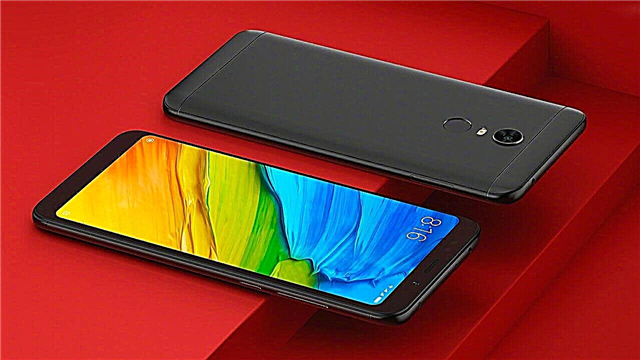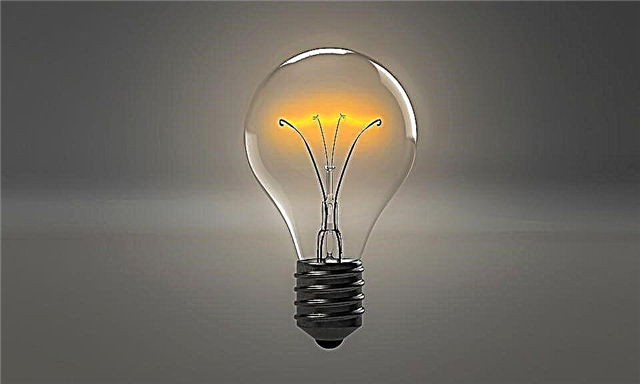We all know the many benefits of hi-tech and social networks. But the technologies that we use every day can imperceptibly change our habits and character for the worse. Here Top 7 negative effects of modern technology.
7. The effect of the echo camera
 Usually, social media is a useful tool for resolving contradictions between different points of view. But it happens differently. For example, Facebook algorithms often encourage users to believe that everything is consistent with their interests and point of view.
Usually, social media is a useful tool for resolving contradictions between different points of view. But it happens differently. For example, Facebook algorithms often encourage users to believe that everything is consistent with their interests and point of view.
As a result, users of social networks do not seek to leave their comfort zones in order to find opinions different from their own. The situation when certain ideas and beliefs are distributed in a closed environment, the addressees of which agree with each other and listen to themselves, is called the effect of the echo camera.
6. Technology and obesity
 The sixth rating number is one of the most unpleasant consequences of the widespread introduction of smartphones, game consoles, tablets and televisions. Employees of the Milken Institute (USA) studied the growth of obesity in the population of 27 countries and came up with surprising statistics: for every 10% of the investments that the country invests in the development of technological devices, a 1 percent increase in the weight of citizens is necessary. A sedentary lifestyle is not good for the figure. Probably worth investing in popularizing the best diets of our time: healthy and healthy.
The sixth rating number is one of the most unpleasant consequences of the widespread introduction of smartphones, game consoles, tablets and televisions. Employees of the Milken Institute (USA) studied the growth of obesity in the population of 27 countries and came up with surprising statistics: for every 10% of the investments that the country invests in the development of technological devices, a 1 percent increase in the weight of citizens is necessary. A sedentary lifestyle is not good for the figure. Probably worth investing in popularizing the best diets of our time: healthy and healthy.
5. Impact on attention
 Through detailed brain examinations and brain encephalograms, Canadian-sponsored Microsoft researchers have studied the concentration of more than 2,000 people. The measurements were performed twice: in 2000 and in 2015.
Through detailed brain examinations and brain encephalograms, Canadian-sponsored Microsoft researchers have studied the concentration of more than 2,000 people. The measurements were performed twice: in 2000 and in 2015.
The result of measurements: the average duration of concentration of attention was reduced from 12 to 8 seconds in 15 years. At the same time, there is an increase in the ability to work effectively in multitasking mode. However, eight seconds is less than the amount of attention of a goldfish.
4. Patience issues
 How long will the average viewer wait for the video to load? The answer of scientists from the University of Massachusetts at Amherst: two seconds.
How long will the average viewer wait for the video to load? The answer of scientists from the University of Massachusetts at Amherst: two seconds.
In reality, things are similar. More and more large retailers offer delivery on the day of order, and mobile applications aimed at reducing the waiting time at a table in a restaurant or taxi break records in popularity. People need instant satisfaction of their needs, otherwise - irritation, frustration and other unpleasant emotions.
3. GPS affects brain function
 Excessive GPS enthusiasm over the years can damage long-term memory. The hippocampus, a region of the brain that controls the transition of short-term to long-term memory, is also associated with spatial navigation. Researchers from McGill University have found a higher physical volume of gray matter and increased activity in the hippocampus of subjects based on spatial rather than GPS navigation.
Excessive GPS enthusiasm over the years can damage long-term memory. The hippocampus, a region of the brain that controls the transition of short-term to long-term memory, is also associated with spatial navigation. Researchers from McGill University have found a higher physical volume of gray matter and increased activity in the hippocampus of subjects based on spatial rather than GPS navigation.
According to one of the neuroscientists involved in the study, constant reliance on GPS can lead to an accelerated onset of dementia.
2. More technology, less creative thinking.
 Scientists from the Johns Hopkins and Illinois Universities have studied the impact of an abundance of technical and information resources on creativity. It turned out that rich resources actually lead to a depletion of creative thought. And with fewer resources needed to achieve the desired result, a person has to make more creative decisions.
Scientists from the Johns Hopkins and Illinois Universities have studied the impact of an abundance of technical and information resources on creativity. It turned out that rich resources actually lead to a depletion of creative thought. And with fewer resources needed to achieve the desired result, a person has to make more creative decisions.
1. Text messaging is bad for communication
 At the first position in the list of the most unpleasant consequences of modern technologies is the problem that is relevant for the younger generation.
At the first position in the list of the most unpleasant consequences of modern technologies is the problem that is relevant for the younger generation.
New research shows that texting can slowly deprive us of the ability to read emotional signals from other people. Such non-verbal, visual cues are an essential component for the success of any dialogue.
Most adults have entered the mobile era with already formed social skills. But children and adolescents may face a restriction in their ability to conduct a conversation face to face.












